7 Important Benefits Of Milk, Nutrition, And Side Effects
Dairy in the diet is a big matter of debate these days; get informed on its pros and cons.
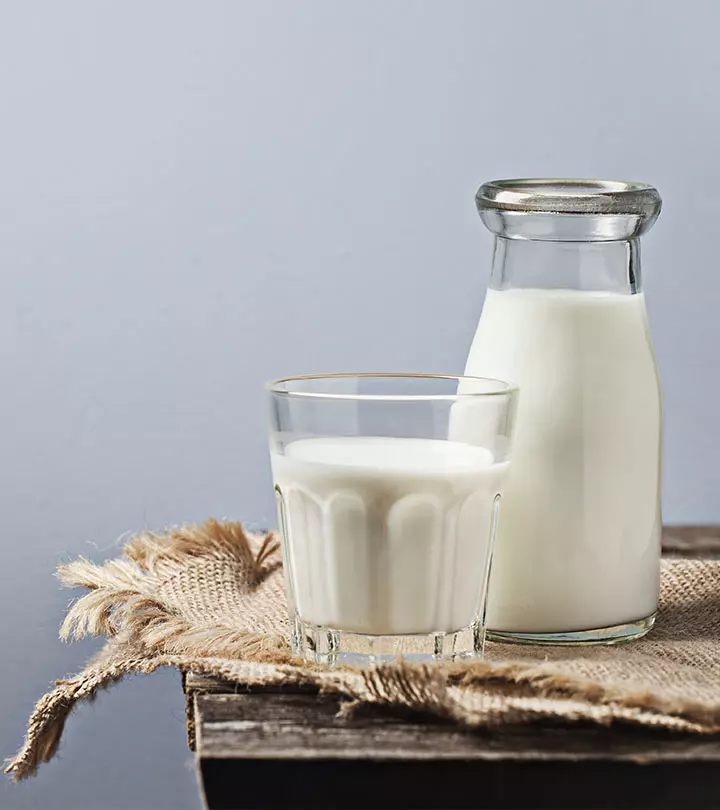
Image: Shutterstock
We all are aware that milk benefits us in multiple ways. Whether we add it to a protein shake for weight loss, make a low-fat yogurt, or consume it directly, it boosts our overall health. Milk is one of the most used ingredients in many foods and is often among the healthiest additions that help us build a better immune system.
According to a survey conducted on 1000 US adults, 61% of them think that drinking milk is beneficial for health, and 15% of them think that it has no effect on a person’s health. So drinking milk regularly is important for overall well-being and to meet the daily requirement of calcium and other vitamins.
Learn more about the array of benefits milk offers and other interesting facts about milk. Continue reading.
 Know Your Ingredient: Milk
Know Your Ingredient: MilkWhat Is It?
Milk is a liquid secreted by female mammary glands to nourish their young for a time span immediately after birth.
What Are Its Benefits?
Milk helps with ingestion, and promotes bone and heart health.
Who Can Consume It?
Anyone can drink milk, especially children, except if you’re lactose intolerant.
How Often?
You can drink 1 to 2 glasses of milk per day.
Caution
Excessive drinking of milk, especially in adults, can cause acne.
In This Article
Health Benefits Of Having Milk
1. Builds Stronger Bones
Building a strong skeleton and maintaining healthy bones from fetal life to adulthood (and menopause) is vital. Milk ensures reduced risk of osteoporosis, prevents bone loss and related frailty. During peak growth in the early teenage years, the body might require as much as 400 mg of calcium per day!
Remember that you need vitamin D and magnesium too to avoid bone loss. This is especially true for women undergoing menopause – as estrogen fluctuations can trigger bone loss (decrease in bone density) (2).
Drinking enough milk can offer the solution. 100 g of milk has about 120-124 mg of calcium and 11-14 mg of magnesium, which are 40% and 10% of the RDA respectively. Woah!
2. Promotes Heart Health

Having 200-300 mL of milk a day was found to cut heart disease risk by 7%. Having low-fat milk can increase good cholesterol (HDL) levels and lower levels of bad cholesterol (LDL), so no clogged blood vessels and therefore improved heart health!
Also, the abundant calcium in milk dilates the blood vessels and strengthens the cardiac muscles. The bottom line – drinking low-fat milk from a young age can prevent atherosclerosisi A condition where fatty deposits and other substances build up on the artery walls and clog them, leading to blood clots. , coronary artery disease, angina, and other life-threatening heart diseases (3). Milk is loaded with many essential nutrients and contains potassium, which helps in regulating and maintain lower blood pressure.
Remember!
- Regardless of its fat content, milk provides about 300 mg of calcium per serving (8 fl. oz).
- The following dosage of milk (or its equivalent) is recommended each day to help meet calcium needs:
Children (4-8 years): 3 servings Children
(9-18 years): 4 servings Adults
(19-50 years): 3 servings Adults
(50+ years): 4 servings
3. Cures Stomach Ailments And Indigestion
About 3% of bovine milk is protein, 80% of which is made up of casein. The primary role of casein is to carry minerals to target sites.
For instance, casein binds to calcium and phosphorus and delivers them to the digestive tract. These minerals accelerate digestion by stimulating the release of digestive juices in your stomach.
Casein also pairs with small amino acid chains, called peptides. These casein-peptide complexes prevent pathogen attacks in the GI tract by secreting slimy mucin that traps them (1). So, calcium and milk proteins are capable of treating indigestion, gastritis, ulcers, heartburn due to GERDi A condition where the stomach acid flows back up the esophagus and causes a burning sensation in the chest. , bacterial infections, and even stomach cancers.
 Fun Fact
Fun Fact4. Lowers Risk Of Diabetes

Many hypotheses about milk and type 2 diabetes are floating around. Though there is scope for immense research, some hypotheses logically elucidate the effect of milk on such chronic diseases.
This time (again!), the heroes are calcium, magnesium, and peptides. These ingredients alter glucose tolerance and insulin sensitivity in your body.
Also, the whey proteins in milk improve satiety and appetite control. This way, you don’t overeat and invite obesity. With such control, you can avoid lipid peroxidationi A metabolic process where reactive oxygen species damage lipids (fats), disrupt the cell membranes, and lead to cell death. , organ inflammation, and finally diabetes (1), (4). All this, only if you drink milk!
5. Cleanses Your Skin
Whole milk is a reservoir of soluble whey proteins. A few of them, like lactoferrin, have potent anti-inflammatory activity. Topical application of fermented milk that is rich in lactoferrin can cure inflammatory conditions like acne vulgaris. For a luxurious self-care routine, try this soothing milk bath recipe to hydrate and soften your skin.
Drinking low-fat skim milk can also prevent and effectively manage acne, psoriasis, pathogenic skin infections, lesions, breakouts, as well as give you glowing skin. This is because skim milk has negligible fat and triglyceride content. In one study, milk application reduced skin sebum content on the skin by 31% (5)!
Did we forget vitamin D?
Synonymous with milk, vitamin D protects your skin from UV light. Optimal vitamin D levels protect you from sunburn and melanoma (skin cancer) (6).
Milk Mania!
6. Induces Sound Sleep

Many of us believe that drinking hot water induces sound sleep. But replace it with hot milk, and see the difference for yourself!
Several studies show that drinking hot milk with Horlicks before going to bed reduces small sleep movements. Small movements can happen due to hunger, a sudden release of neurotransmitters, or other unknown cellular processes (9).
Such small movements disturb your sleep and make you cranky. Many theories also explain how Lactobacillus-fermented milk can control hunger contractions, soothe your gut, and enhance sleep quality (10).
Holly Emery, a blogger, has suffered from insomnia for 8 years and has tried a range of solutions, to no avail, until finally picking warm milk. Regarding results, she notes, “A cup of warm milk about an hour before bedtime (my experience is that it has to be warm)…. My tried, and true tip is warm milk, and the only one that works for me (i).”
7. Supports Immune System Function
The high nutritional profile of milk makes it an essential food for supporting the immune system (11). Fortified milk often contains vitamin D, which is important for immunological function and helps in the body’s defense against infections. In addition, some milk varieties like those enhanced with probiotics support a balanced gut microbiota, which is strongly associated with immune system function (12). Regular milk drinking can supply these immune-boosting elements, promoting the body’s natural defenses and helping to prevent disease.
There are other health advantages as well, such as hair. To naturally tame frizzy locks, learn about the benefits of milk for hair as an easy and effective way to condition your hair without harsh chemicals. However, there is no scientific evidence to prove the efficacy of topical application of milk for the hair.
Key Takeaways
- Milk has high calcium and other mineral content which can help build a strong skeleton, healthy teeth, and strong bones.
- It also has significant skin benefits. It can be used as a cleanser and also works against inflammatory conditions like acne vulgaris.
- Milk can cause lactose intolerance when the body does not make enough lactase.
- It can also produce excessive gastric juices leading to digestive issues in some people.
What Are The Components Of Milk?

Milk is a complex fluid. Regardless of the source, milk is composed of fat, protein, lactose, and ash. Other components include water, minerals, and vitamins. Each source has these nutrients in varied percentages.
Within each source, milk composition depends on the stage of lactation. This happens because the nutritional requirement of a newborn will be different from that of a 12-month old offspring.
The nutritional profile also depends on how evolved the gastrointestinal system of the offsprings in each species is.
Something like this (1) –
| Goat | Sheep | Cow | Human | |
|---|---|---|---|---|
| Fat (%) | 3.8 | 7.9 | 3.6 | 4.0 |
| Lactose (%) | 4.1 | 4.9 | 4.7 | 6.9 |
| Protein (%) | 3.4 | 6.2 | 3.2 | 1.2 |
| Energy (Kcal/100 ml) | 70 | 105 | 69 | 68 |
| Calcium (mg/100 g) | 134 | 193/td> | 122 | 33 |
| Phosphorus (mg/100 g) | 121 | 158/td> | 119 | 43 |
| Vitamin A (IU) | 185 | 146 | 126 | 190 |
| Vitamin D (IU) | 2.3 | 0.18 (µg) | 2.0 | 1.4 |
Most of us prefer either cow or buffalo milk because of the low fat and high micronutrient content. The following table gives you the numbers so that you can make a wise choice (1).
| Nutrient | Cow | Buffalo | Human |
|---|---|---|---|
| Water, g | 88.0 | 84.0 | 87.5 |
| Energy, Kcal | 61.0 | 97.0 | 70.0 |
| Protein, g | 3.2 | 7.7 | 1.0 |
| Fat, g | 3.4 | 6.9 | 4.4 |
| Lactose, g | 4.7 | 5.2 | 6.9 |
| Minerals, g | 0.72 | 0.79 | 0.20 |
So, is a glass of cow or buffalo milk sufficient? The answer might not always be yes. For instance, obese individuals are asked to stay away from fats. How can they enjoy the goodness of milk?
That’s how the fortified, low-fat, and skim milk varieties came into existence. Look at how the numbers change with processing (1).
| Composition (100 g) | Whole | Low-Fat | Skim |
|---|---|---|---|
| Energy (Kcal) | 62 | 47 | 34 |
| Water (g) | 88.1 | 89.1 | 90.5 |
| Protein (g) | 3 | 3.4 | 3.3 |
| Fat (g) | 3.5 | 1.6 | 0.2 |
| Carbohydrates (g) | 4.7 | 4.9 | 4.9 |
| Cholesterol (mg) | 13 | 8 | 1 |
| Vitamin A (mg) | 59 | 22 | 0 |
| Vitamin D (mg) | 0.05 | 0.05 | 0 |
| Vitamin B1 (mg) | 0.04 | 0.04 | 0.05 |
| Vitamin B2 (mg) | 0.14 | 0.11 | 0.05 |
| Na (mg) | 43 | 41 | 41 |
| Ca (mg) | 109 | 112 | 114 |
| Mg (mg) | 9 | 9 | 10 |
Boy, that’s a lot of variety and stats! The point I’m trying to make here is, today, you can get milk ‘customized’ to your needs. You name a disorder, and you have a fortified or toned milk variety for it.
For most of us, milk is our first love. We just can’t do without it. But there are a few for whom milk is their first enemy. A bit of milk or milk products can cause problems.
 Trivia
TriviaAnd that means lactose intolerance. Read on to know more about lactose intolerance and other risks associated with drinking milk.
Can Milk Have Side Effects And Risks?
1. Lactose Intolerance
Lactose is the sugar found in milk and milk products. To break it down into glucose, our small intestine produces an enzyme called lactase. When there is insufficient lactase produced, your stomach cannot effectively absorb lactose – and this results in lactose intolerance.
And that’s when undigested lactose passes through the intestine, as it is. As it reaches the colon, the bacteria there break it down to produce glucose, but along with it, fluid and gas are formed. So, the classic symptoms of lactose intolerance are bloating, diarrhea, gas, nausea, and gastric discomfort (13).
2. Milk Allergy

Milk allergy is a reaction by the body’s immune system to one or more milk proteins. An allergic reaction to milk can be life-threatening – even if the person takes only a small amount of milk or milk products.
Milk allergy most commonly occurs in infants or one-year-olds, while lactose intolerance occurs more often during adolescence or adulthood (13).
Note the difference!
3. Acidity And Gastric Cancer
While there are research papers that say drinking milk can reduce gastritis and ulcers, there are few others that disagree.
As the casein in milk helps transport minerals and peptides to the gut, it can even trigger excessive production of gastric juices. This changes the pH balance of the stomach.
Instead of healing, this feedback effect of milk could aggravate peptic ulcers. Worst case, the build-up of such pH imbalance in the gut might lead to gastric cancer.
4. Hormonal Imbalance
Bovine milk (cow and buffalo) has natural hormones secreted by the animal. Estrogen is one such hormone that is found abundantly in milk.
Your body already produces estrogen to perform assigned roles. Excess estrogen through milk can cause issues, especially in men. Some studies show how estrogen from milk can cause cancers of the breast, prostate, and testes (14).
5. Bacterial Infections
Drinking raw milk from cow, goat, sheep, or buffalo can cause acute and chronic pathogenic infections. Unpasteurized milk has dangerous bacteria such as Salmonella, E. coli, Campylobacter, Staphylococcus aureus, Yersinia, Brucella, Coxiella, and Listeria.
Most commonly, bacteria in raw milk can cause vomiting, diarrhea (sometimes bloody), abdominal pain, fever, headache, and body aches. In rare cases, it can also result in severe or even life-threatening diseases like paralysis, hemolytic uremic syndromei A condition where the blood vessels in the kidneys become inflamed, form clots, block the filtering system, and lead to kidney failure. , kidney failure, stroke, and even death (15).
Individuals with lactose intolerance or milk allergy may opt for plant-based alternatives to meet their nutritional needs. Check out the next section to know more.
Milk Alternatives
- Soy Milk: It is made from whole soybeans. It is a popular alternative and a good source of nutrition for people with lactose intolerance (16).
- Hemp Milk: It is made from whole hemp seeds. It is rich in omega-3 fatty acids and protein (17).
- Almond Milk: It is made from almonds. It is low in calories and high in calcium. It has a slightly nutty flavor (18).
It’s confusing and scary! So, should we drink milk or not?
What’s The Verdict?
The benefits of milk, obviously, outweigh the risks. So, yes, drinking milk is mandatory.
However, keep the following in mind:
- Check if you are lactose intolerant/have milk or protein allergy.
- Is the milk pasteurized and thoroughly processed?What’s the source of the milk – cow, buffalo, goat, sheep?
- What is the fat content in the milk?
- Is the brand reliable?
 Quick Tip
Quick TipInfographic: Benefits And Side Effects Of Drinking Milk
Milk is essential for preparing smoothies, protein shakes, puddings, and yogurt. While this dairy product can benefit your health in numerous ways, it can also cause some side effects you need to be careful of. The following infographic discusses both these aspects in detail. Check it out to know more! Illustration: StyleCraze Design Team
The benefits of milk are many. The rich calcium content helps build strong bones and reduces the risk of osteoporosis and combats bone loss. It also can promote cardiovascular health as the calcium in milk strengthens cardiac muscles and improves muscle growth. Furthermore, it increases HDL cholesterol levels and decreases LDL cholesterol levels. In addition, milk can aid in managing stomach ailments and help with improved digestion. If consumed in moderation, milk can lower the risk of diabetes too. It also cleanses the skin and induces sleep. However, milk intake is also associated with lactose intolerance, milk allergy, hormonal imbalance, and bacterial infection. Hence, caution is advised. However, if you are not allergic to milk, you may include it in moderate amounts in your daily diet.
Frequently Asked Questions
What is the right time to drink milk in a day?
If you are looking to build muscles and strength, the best time to have milk is in the morning. You generally have more physical activity in the morning. If you are looking to improve sleep, digestion, and gut health, nights are a better option.
Though there is not enough research yet, figuring out how it works for you is the best way to decide – at least in adults.
Can you drink milk on an empty stomach?
Yes, you can drink milk first thing in the morning. Although it might get a little heavy to digest, if you are not lactose intolerant, milk should be okay.
On the contrary, some researchers suggest a detox first. Start your day with lemon juice or apple cider vinegar. It helps maintain the pH of the gut and preps it up for the day’s gastric activity. Having milk after this detox is still a good option.
Does milk provide any cognitive benefits?
Milk may help improve cognitive function and memory and ensure improved brain function with its rich content of protein, vitamin D, potassium, and calcium. We recommend consulting a dietician before adding milk to the diet of older adults. As some studies have suggested, milk intake may be associated with a greater rate of cognitive decline. However, further research is warranted to support this claim.
, Nutrition Journal, BMC
Is there a difference between drinking cow’s milk or plant-based milk?
Yes, cow milk differs from plant-based milk in terms of calories, nutrient density and quality. As studies suggest, “milk is a significantly richer dietary source of micronutrients such as calcium, iodine, vitamin B2, pantothenic acid, and biotin than plant-based drinks, which, by contrast, provide higher amounts of vitamin E and manganese, depending on the source.” Drinking plant-based milk combined with adequate dietary supplements can be a good option for those with milk allergies or lactose intolerance.
Comparison of nutritional composition between plant-based drinks and cow’s milk
, Frontiers in Nutrition.
Illustration: Important Benefits Of Milk Nutrition And Side Effects
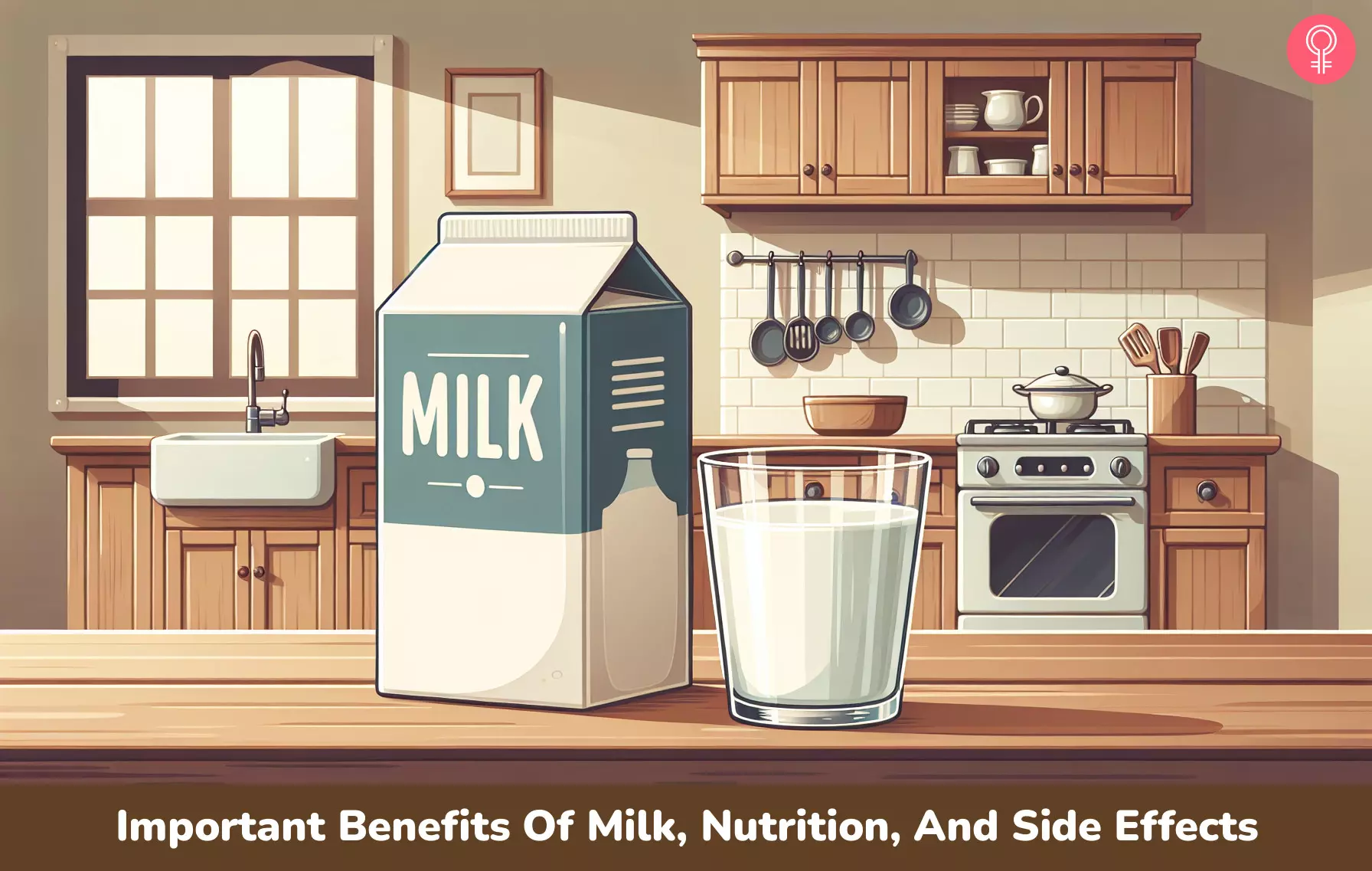
Image: Dall·E/StyleCraze Design Team
Discover the truth about drinking milk at night for your health in this informative video. Explore the potential benefits, such as stress reduction, and learn if it’s a suitable bedtime ritual for you. Check it out!
Personal Experience: Source
StyleCraze's articles are interwoven with authentic personal narratives that provide depth and resonance to our content. Below are the sources of the personal accounts referenced in this article.
i. Are you suffering from Insomnia? What I’ve Tried and the Only Thing That Works for Mehttps://medium.com/@hollyemery/are-you-suffering-from-insomnia-what-ive-tried-and-the-only-thing-that-works-for-me-e7008715c8d9
References
Articles on StyleCraze are backed by verified information from peer-reviewed and academic research papers, reputed organizations, research institutions, and medical associations to ensure accuracy and relevance. Read our editorial policy to learn more.
- “Milk nutritional composition and…” Nutrition, Elsevier
- “Milk and bones” Helen Hayes Hospital, US National Library of Medicine
- “Potential of Casein as a Carrier for Biologically Active Agents” PubMed Central
- “Milk intake and the risk of type 2…” Arquivos Brasileiros de Endocrinologia & Metabologia, US National Library of Medicine
- “Dietary effect of lactoferrin-enriched fermented milk…” Nutrition, US National Library of Medicine
- “Vitamin-D Beliefs and Associations” International Journal of Environmental Research and Public Health, US National Library of Medicine
- “Burns treatment in ancient times” Medicinski Pregled, US National Library of Medicine
- “Anti-inflammatory and Wound Healing…” International Journal of Lower Extremity Wounds
- “Effect of a Hot Milk Drink on…” British Medical Journal
- “The effect of Lactobacillus helveticus fermented milk…” European Journal Of Clinical Nutrition, US National Library of Medicine
- “Cow’s Milk and Immune Function in the Respiratory Tract: Potential Mechanisms” Frontiers in immunology, US National Library of Medicine
- “Probiotics Mechanism of Action on Immune Cells and Beneficial Effects on Human Health” Cells, US National Library of Medicine
- “Lactose Intolerance” National Institute of Diabetes and Digestive and Kidney Diseases
- “Hormones in Dairy Foods and Their Impact on Public Health – A Narrative Review Article” PubMed Central
- “Bacterial Contaminations of Informally Marketed Raw Milk in Ghana” PubMed Central
- “Quality indicators in lactose hydrolyzed milks and soy beverages from Colombia ” US National Library of Medicine.
- “The cardiac and haemostatic effects of dietary hempseed” US National Library of Medicine.
- “An Overview on Nutritional Aspects of Plant-Based Beverages Used as Substitutes for Cow’s Milk” US National Library of Medicine.
Read full bio of Merlin Annie Raj
Read full bio of Swathi Handoo
Read full bio of Ravi Teja Tadimalla
Read full bio of Aparna Mallampalli





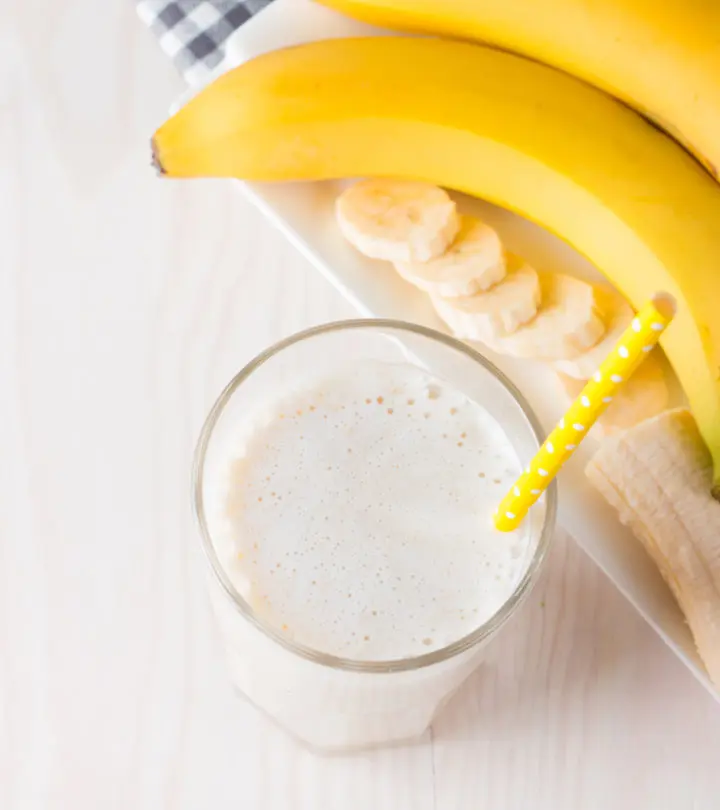
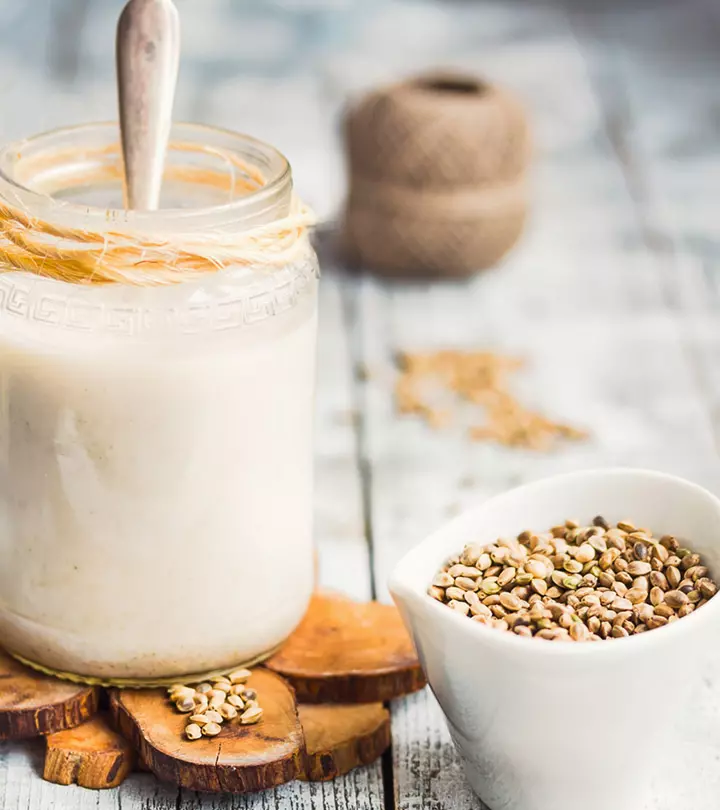

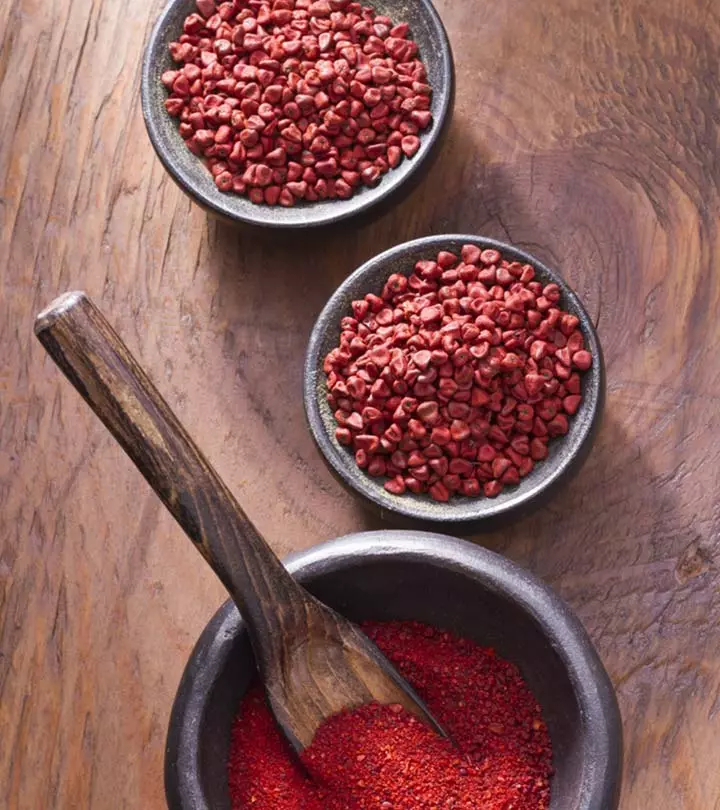




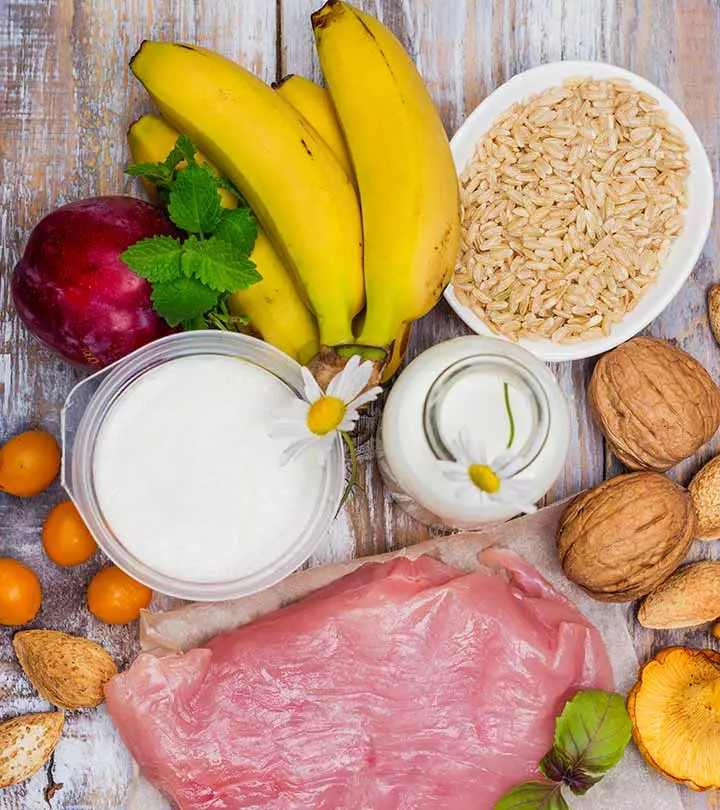
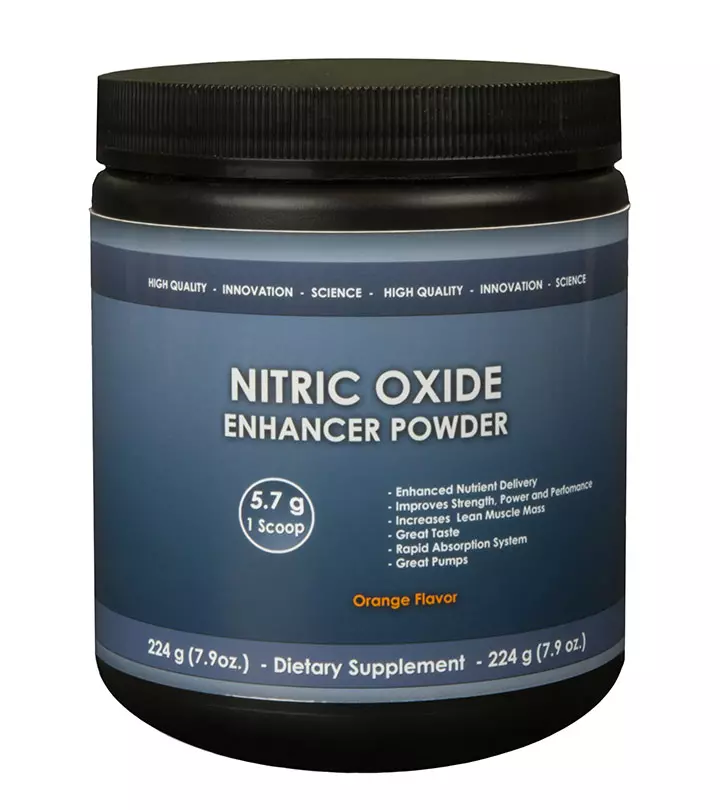

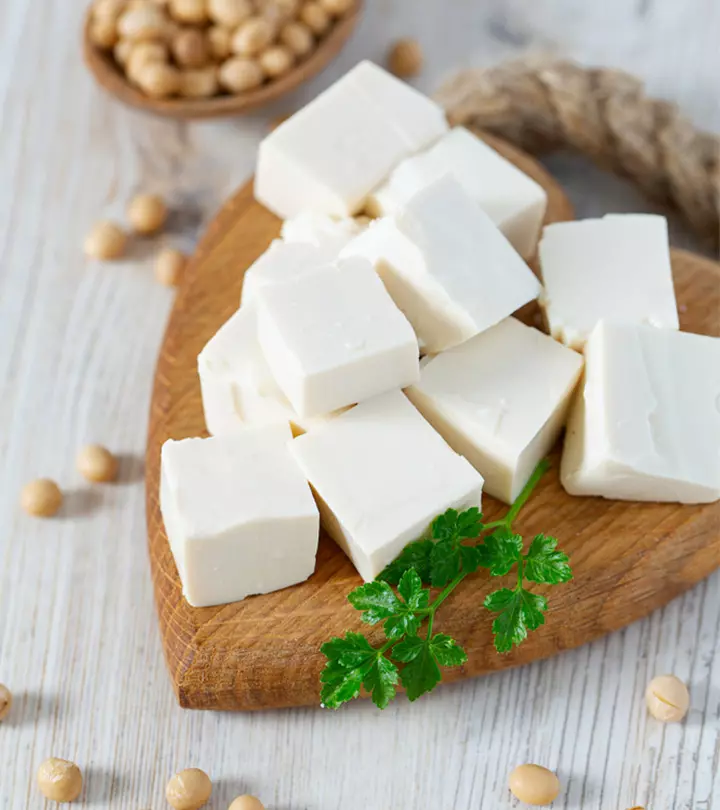
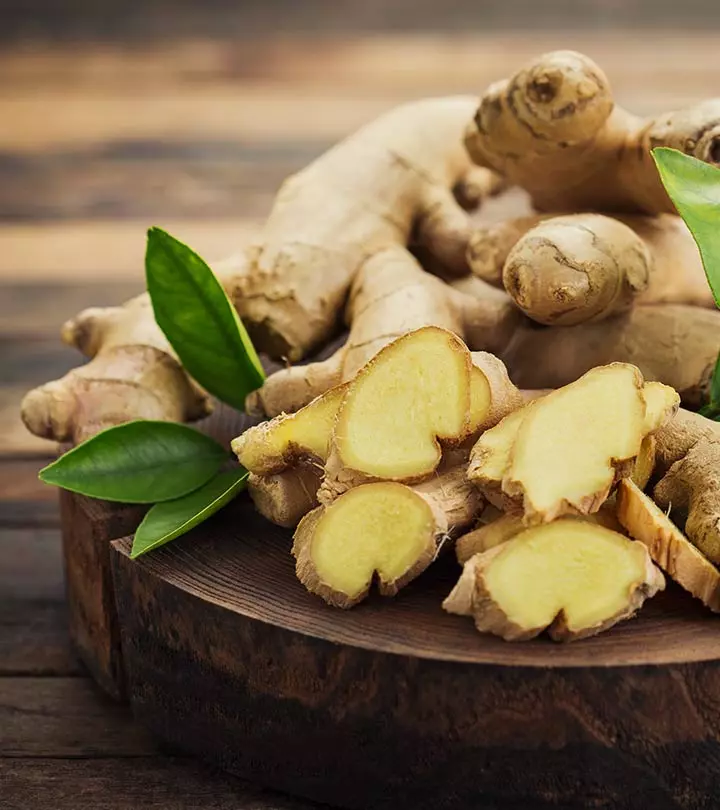







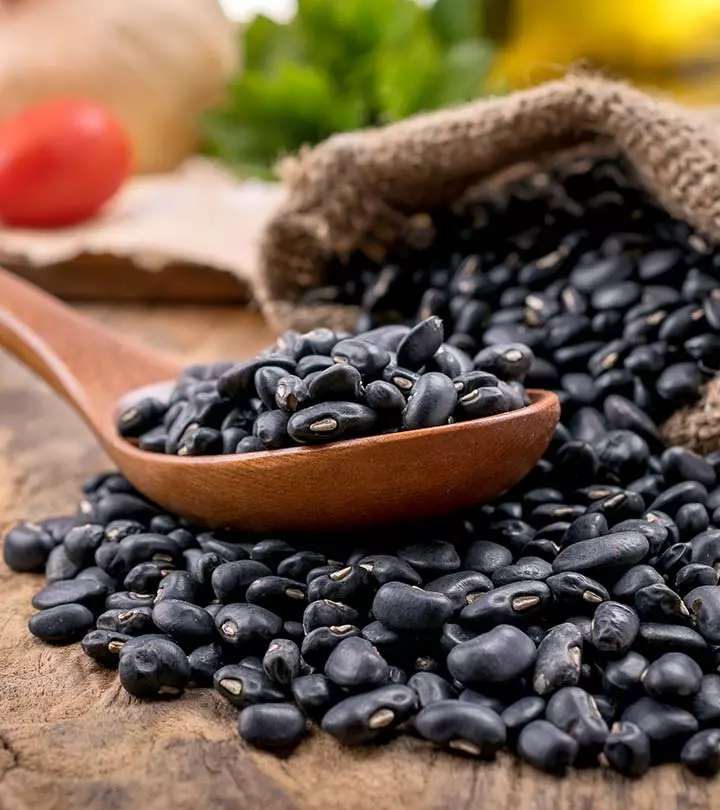
Community Experiences
Join the conversation and become a part of our empowering community! Share your stories, experiences, and insights to connect with other beauty, lifestyle, and health enthusiasts.